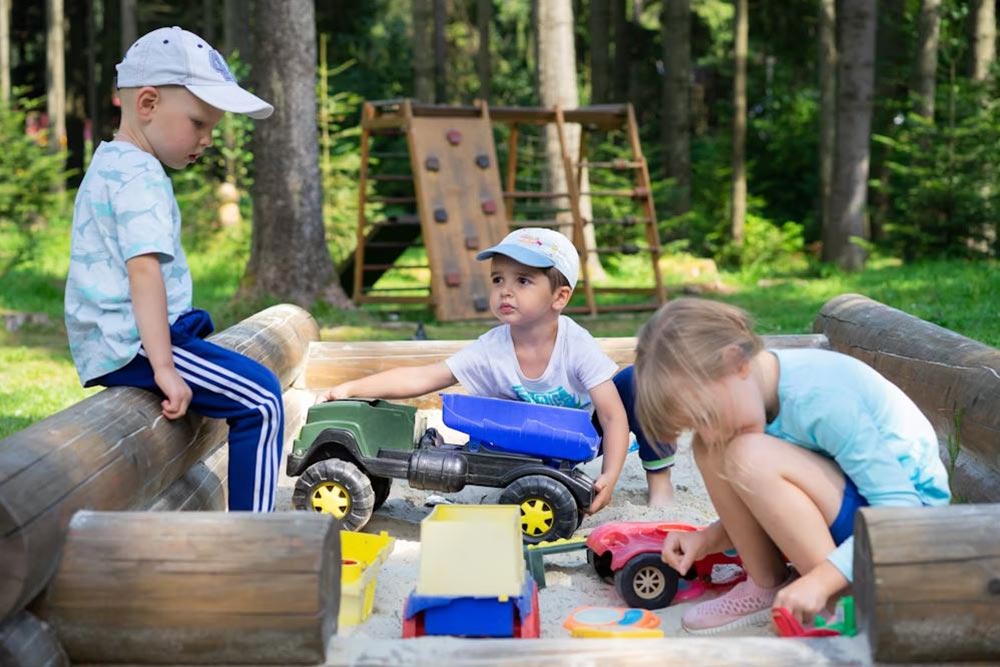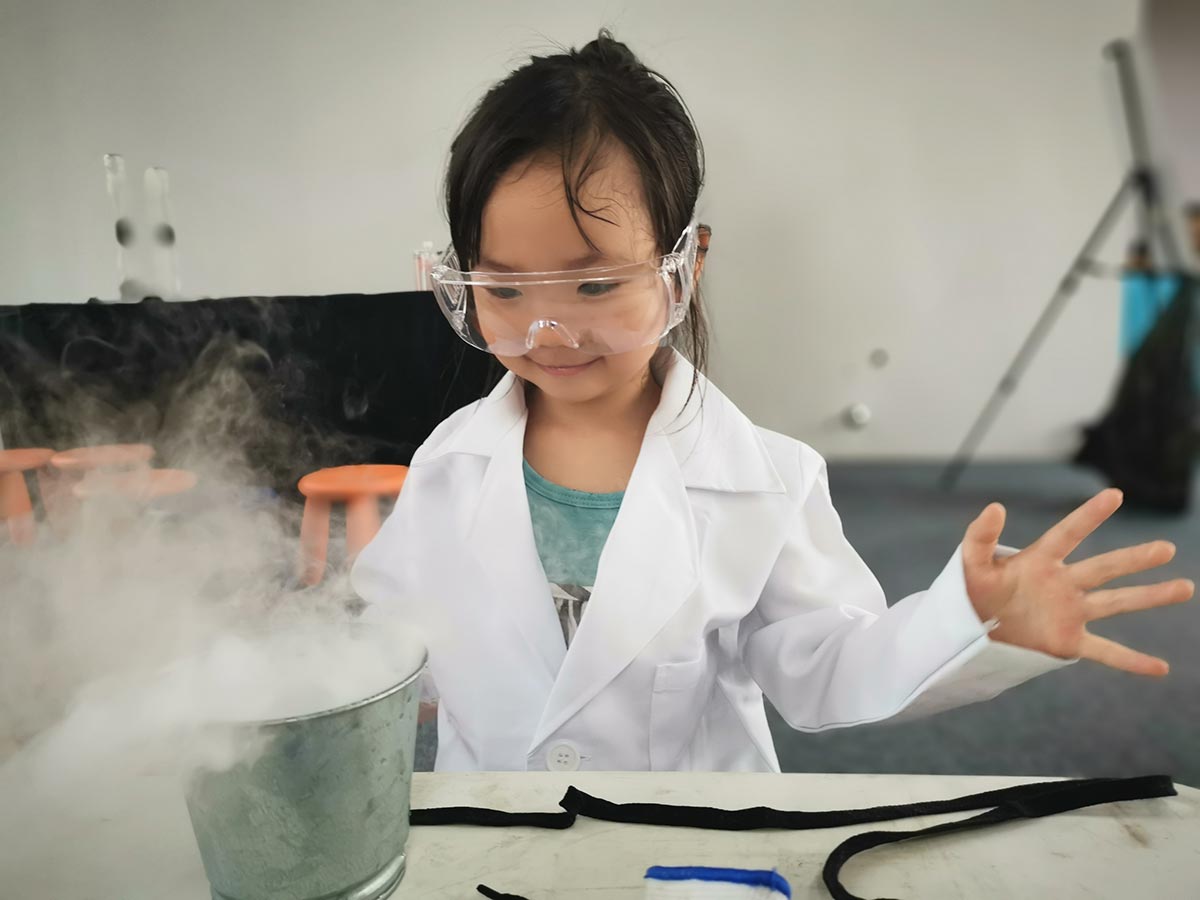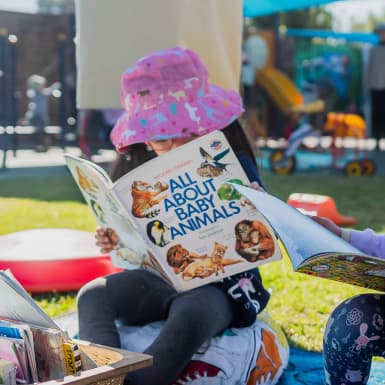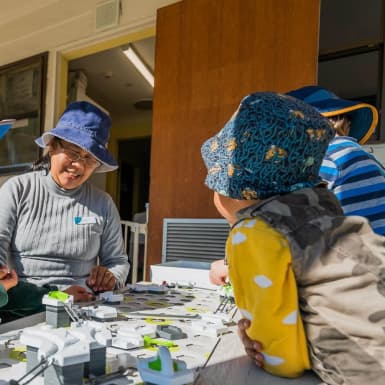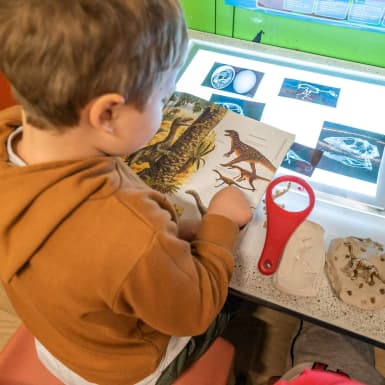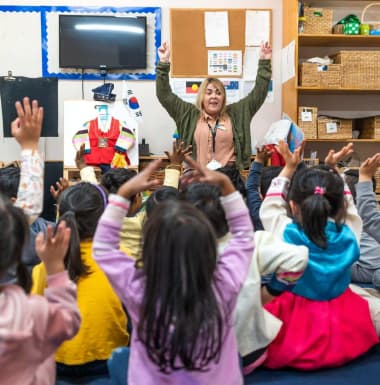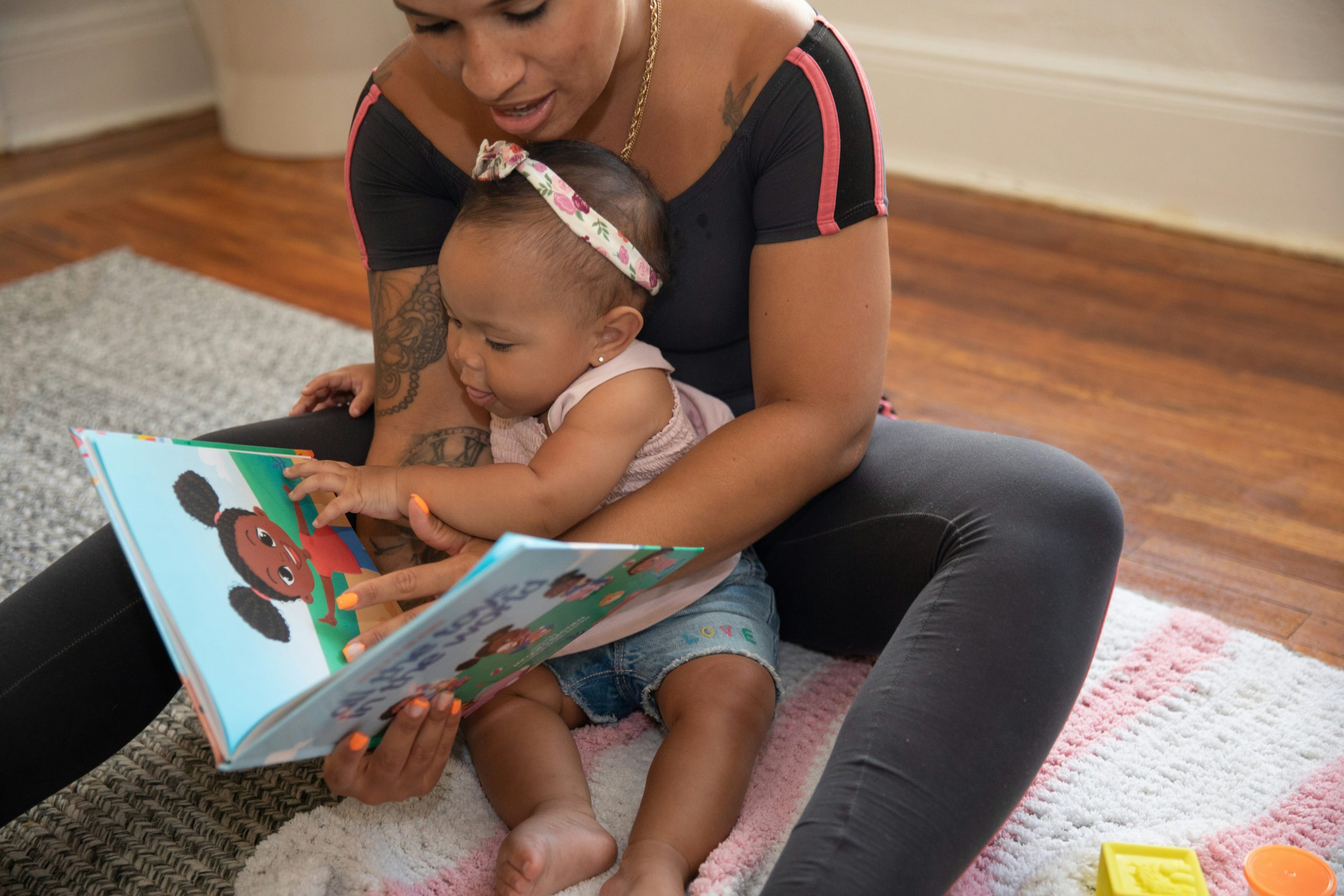
The Heart of Early Learning: Why Teachers Matter in Early Childhood Education
25 October 2024Why Teachers Are Essential in Early Childhood Education
Early childhood education is the foundation for a child’s lifelong learning journey, and at the heart of this critical stage are dedicated, passionate teachers. Our teachers play such a vital role in shaping young minds, nurturing growth, and setting children on a path toward success. But what makes teachers so important in early childhood education, and why is their role irreplaceable?
1. Creating a Safe and Nurturing Environment
For many children, early childhood teachers are among the first adults they interact with outside of their families. They provide a safe, nurturing environment where children feel secure, supported, and valued. This emotional safety is crucial for young learners, as it gives them the confidence to explore, ask questions, and engage in new experiences. Teachers help build trust and establish a sense of belonging, which are essential for children’s emotional and social development.
2. Fostering Social and Emotional Development
Teachers in early childhood education do more than just impart knowledge—they help children develop critical social and emotional skills. By guiding children in understanding their own emotions and the feelings of others, teachers promote empathy, communication, and collaboration. They help young learners navigate social interactions, learn to share, take turns, and build friendships. These skills are essential not only for the classroom but for life.

3. Supporting Cognitive Development
Cognitive development is about how children think, explore, and figure things out. Early childhood teachers design play activities and experiences that stimulate young minds, encouraging problem-solving, creativity, and critical thinking. Whether through play, hands-on activities, or guided exploration, teachers create opportunities for children to engage in learning that fosters their cognitive growth.

4. Encouraging Language and Communication Skills
Language development is another key area where teachers make a huge impact. Early childhood educators introduce and build new vocabulary, model appropriate language use, and engage children in conversations that expand their understanding of the world. Through songs, stories, and discussions, teachers help children build strong communication skills. This foundation is vital for literacy development, social interactions, and academic achievement.

5. Promoting Creativity and Imagination
Early childhood teachers know that creativity is just as important as academic skills. They foster an environment where children can express themselves freely, explore new ideas, and engage in imaginative play. Whether it’s through art, music, storytelling, or dramatic play, teachers encourage creativity that not only enhances learning but also nurtures children’s emotional well-being and problem-solving abilities.
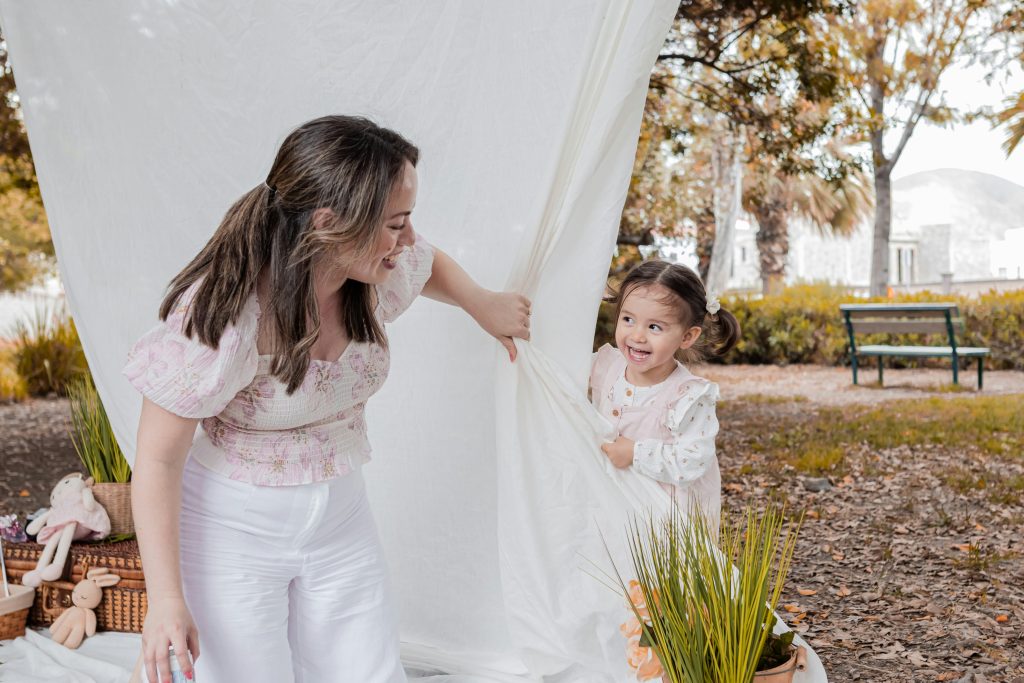
6. Building Confidence and Independence
One of the most important roles of early childhood teachers is helping children build confidence and independence. Teachers support young learners in taking on new challenges, making decisions, and developing a sense of autonomy. By providing positive reinforcement and creating opportunities for success, teachers help children believe in their abilities and become more self-reliant.

7. Individualising Learning
Every child is unique, with their own strengths, interests, and learning styles. Early childhood educators recognise this and tailor their teaching to meet the individual needs of each child. Teachers observe, assess, and adapt activities to ensure that all children can participate and learn at their own pace. This personalised approach helps every child feel successful and motivated to learn.

8. Laying the Foundation for Future Learning
The skills and knowledge children gain in early childhood education serve as the building blocks for future academic success. Teachers play a critical role in preparing children for the next stages of their educational journey, whether it’s starting school or transitioning to more structured learning environments. By fostering a love for learning, instilling essential skills, and supporting children’s development, teachers ensure that children are ready to thrive in school and beyond.
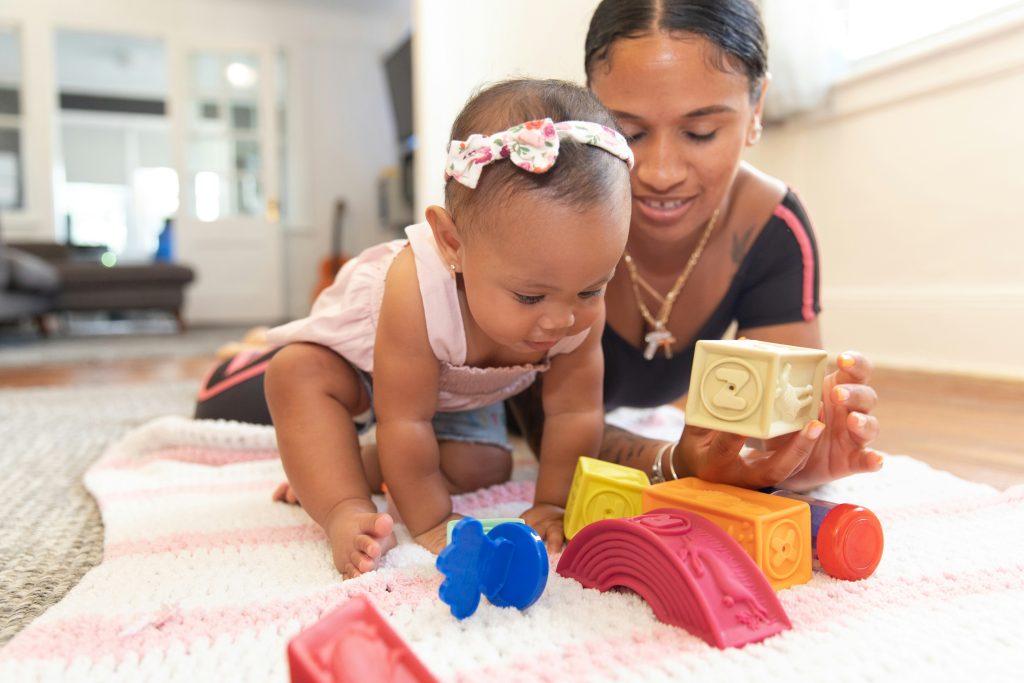
9. Building Strong Partnerships with Families
Early childhood educators also strive as partners with families in their children’s development. Teachers provide insights, guidance, and support to parents and caregivers, helping them understand their child’s progress and how they can further support learning at home. This collaboration between teachers and families strengthens the child’s educational experience and creates a more cohesive and tailored learning environment.

10. Inspiring Lifelong Learners
Perhaps one of the greatest impacts early childhood teachers have is inspiring a love for learning that lasts a lifetime. Through their enthusiasm, patience, and dedication, teachers show children that learning is exciting, rewarding, and full of possibilities. This early inspiration can spark a lifelong passion for discovery and growth.

Conclusion
Teachers in early childhood education are so much more than just instructors—they are guides, mentors, role models, and champions for young learners.
They play a pivotal role in shaping a child’s development, fostering essential skills that will serve them throughout life. Through their tireless work, they help children grow socially, emotionally, and cognitively, ensuring that they are well-prepared for the future. Early childhood educators truly make a lasting difference in the lives of the children they teach.
So, here’s to all the amazing teachers out there! Your dedication and care are shaping the next generation of thinkers, creators, and leaders. Thank you for everything you do! 🌟

Integricare Locations: Find out More about Integricare Childcare Locations
Enrolment Line 1800care1800 (1800 2273 1800).
Enrolment Email: wecare@integricare.org.au.
FOLLOW OUR SOCIALS:





